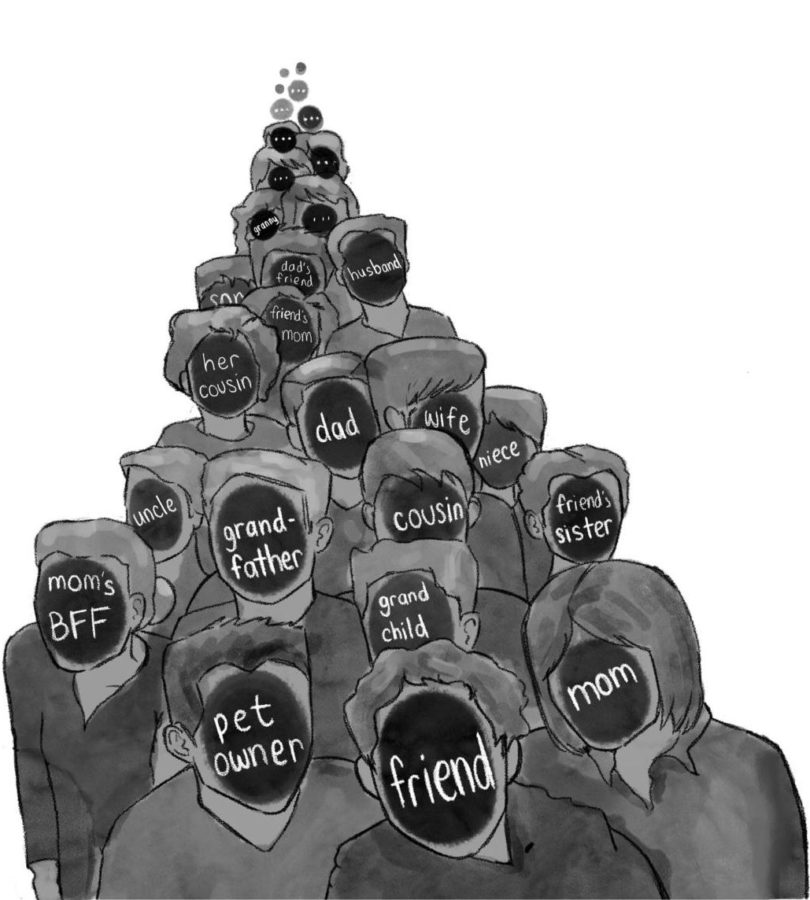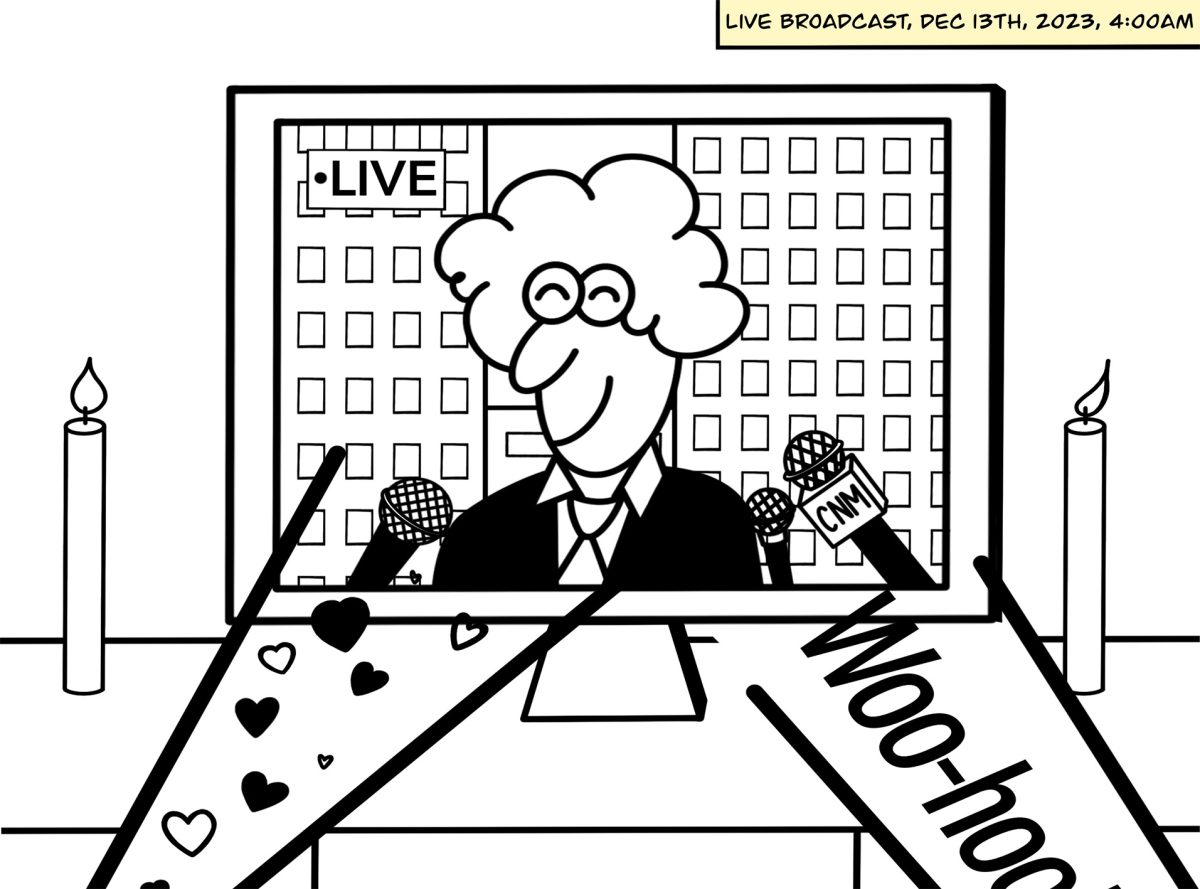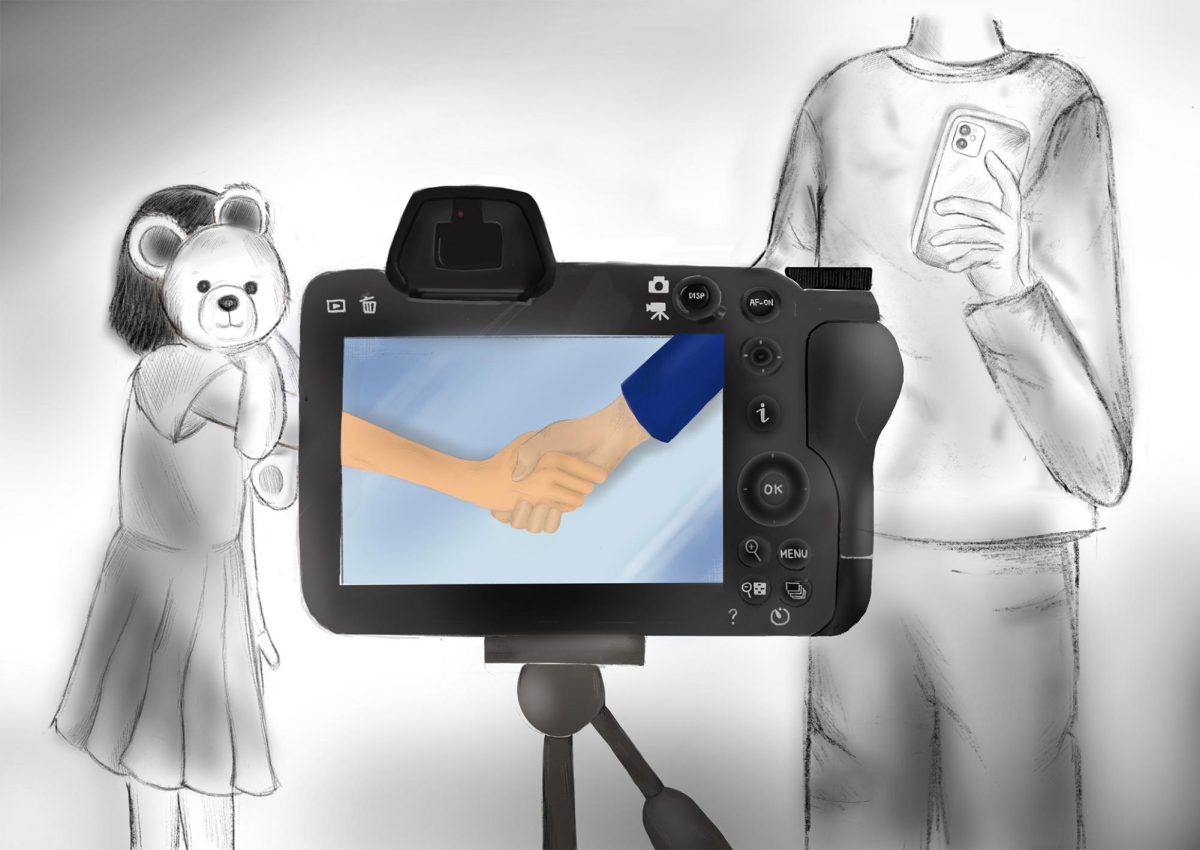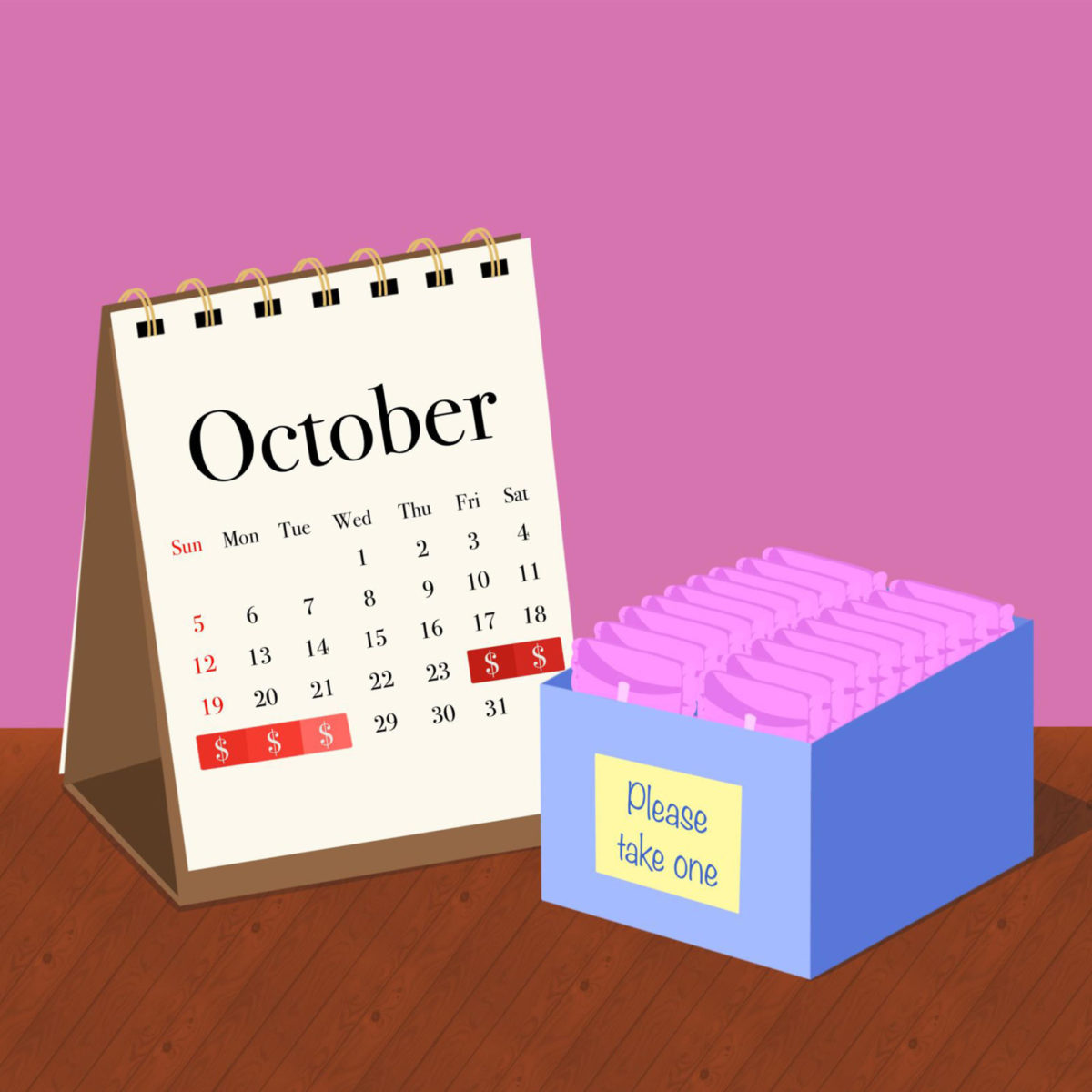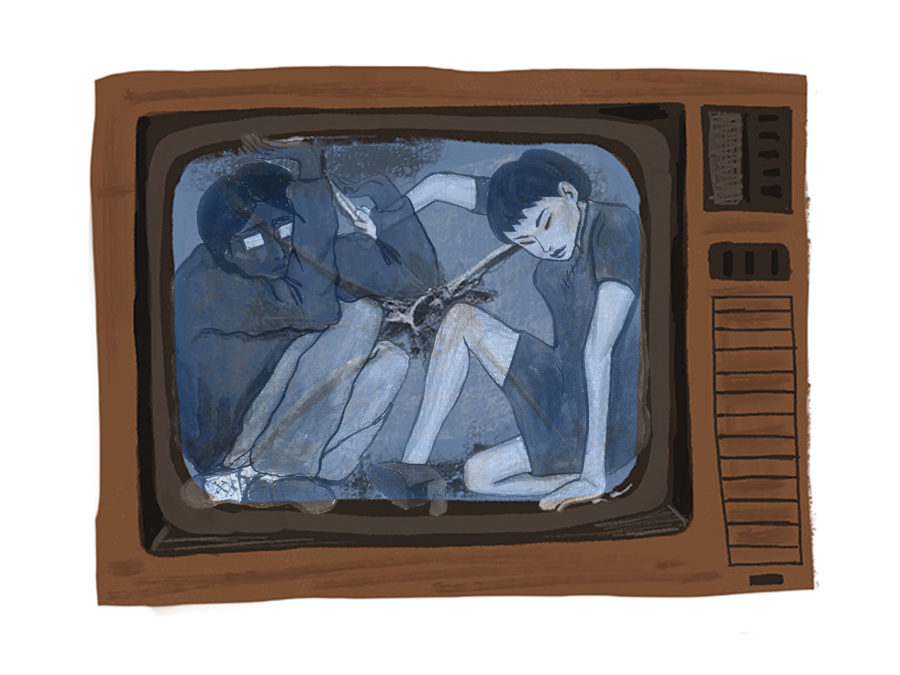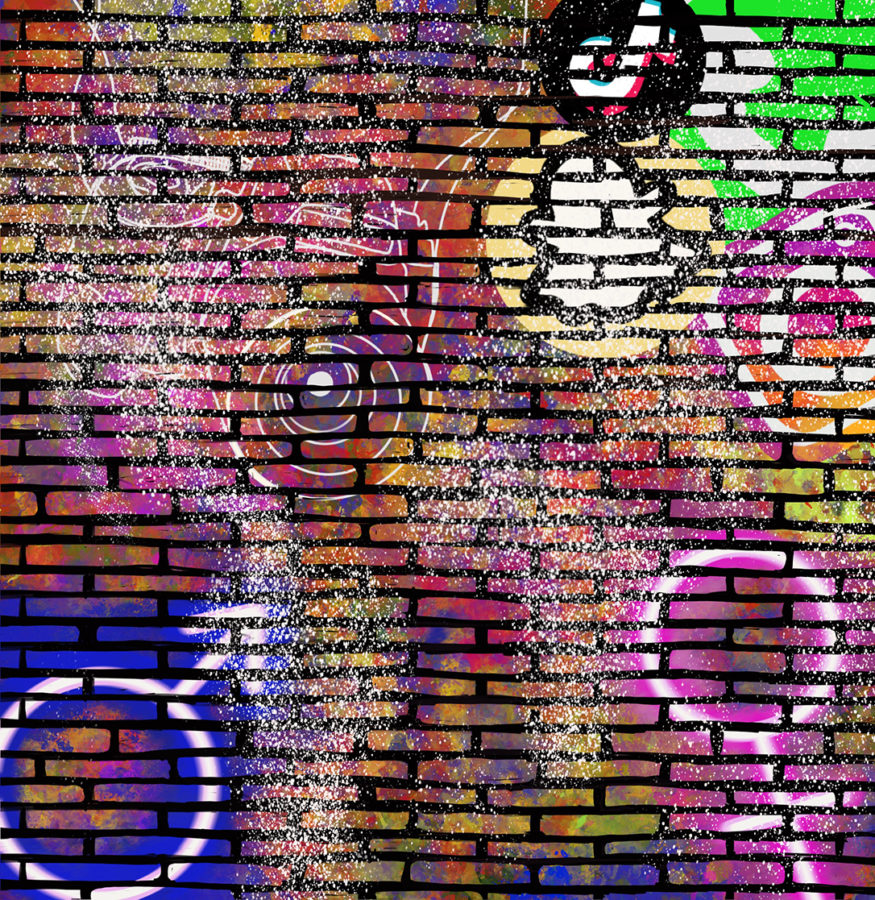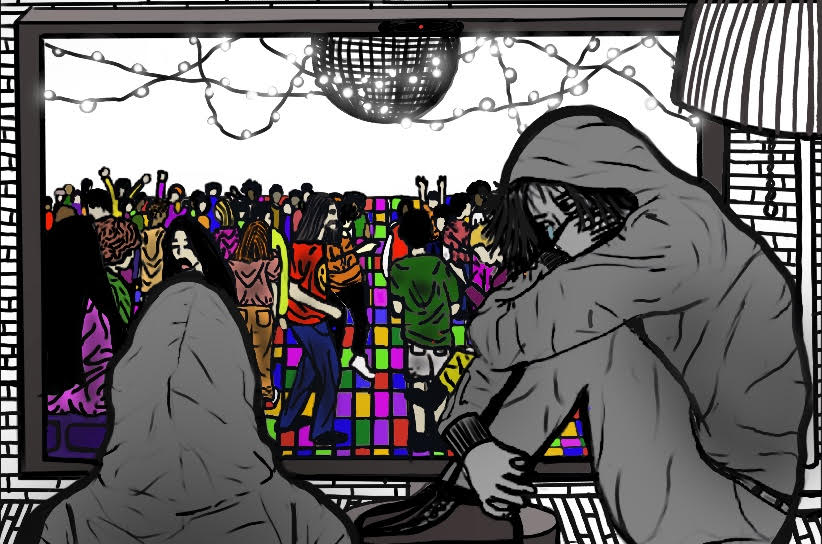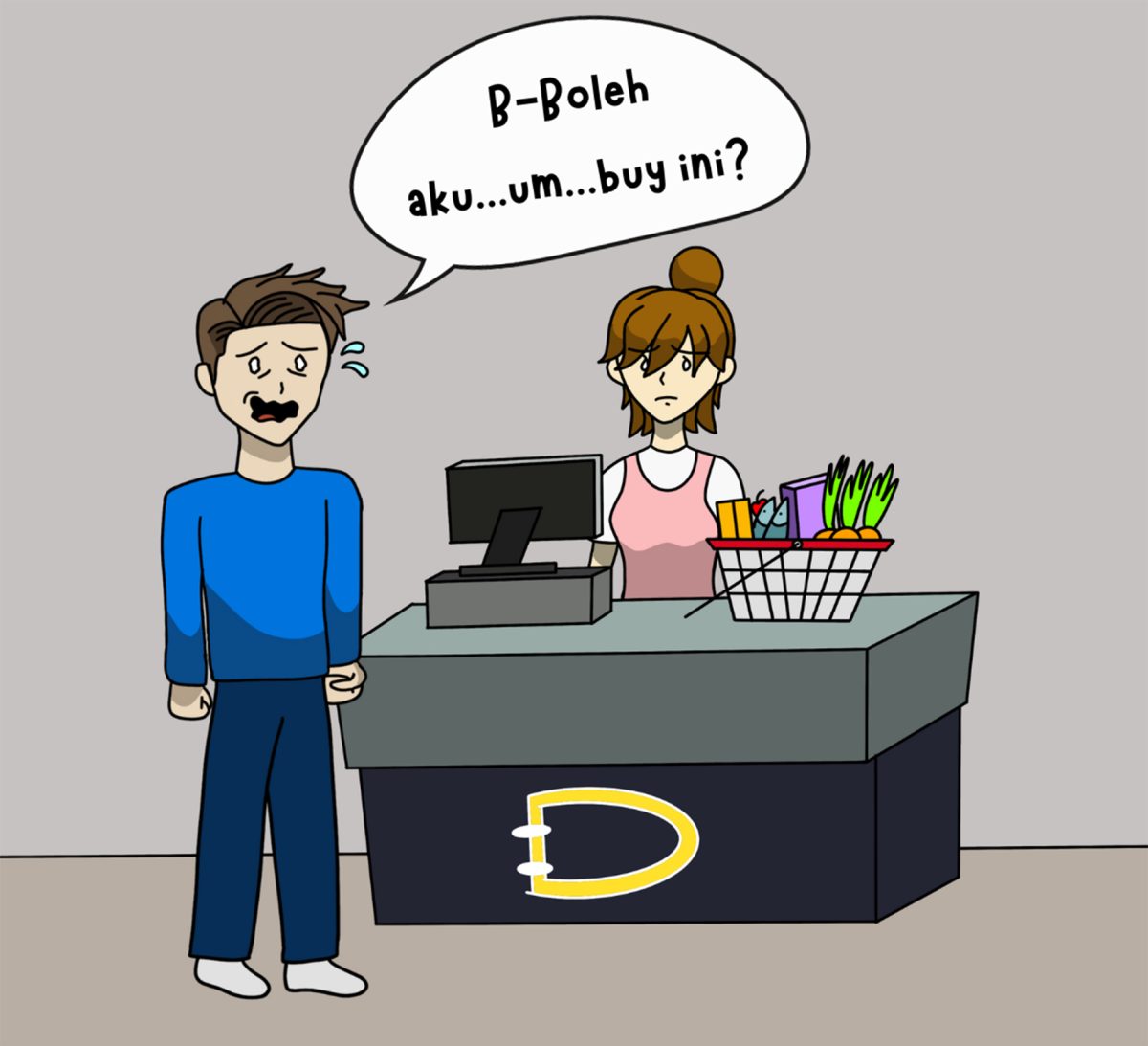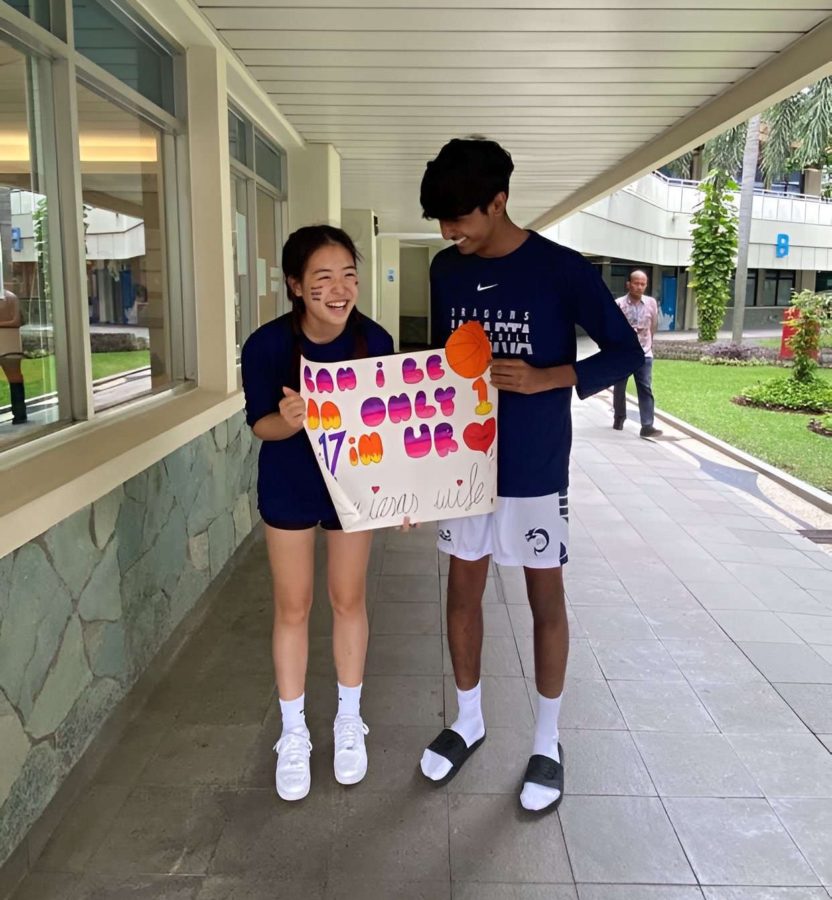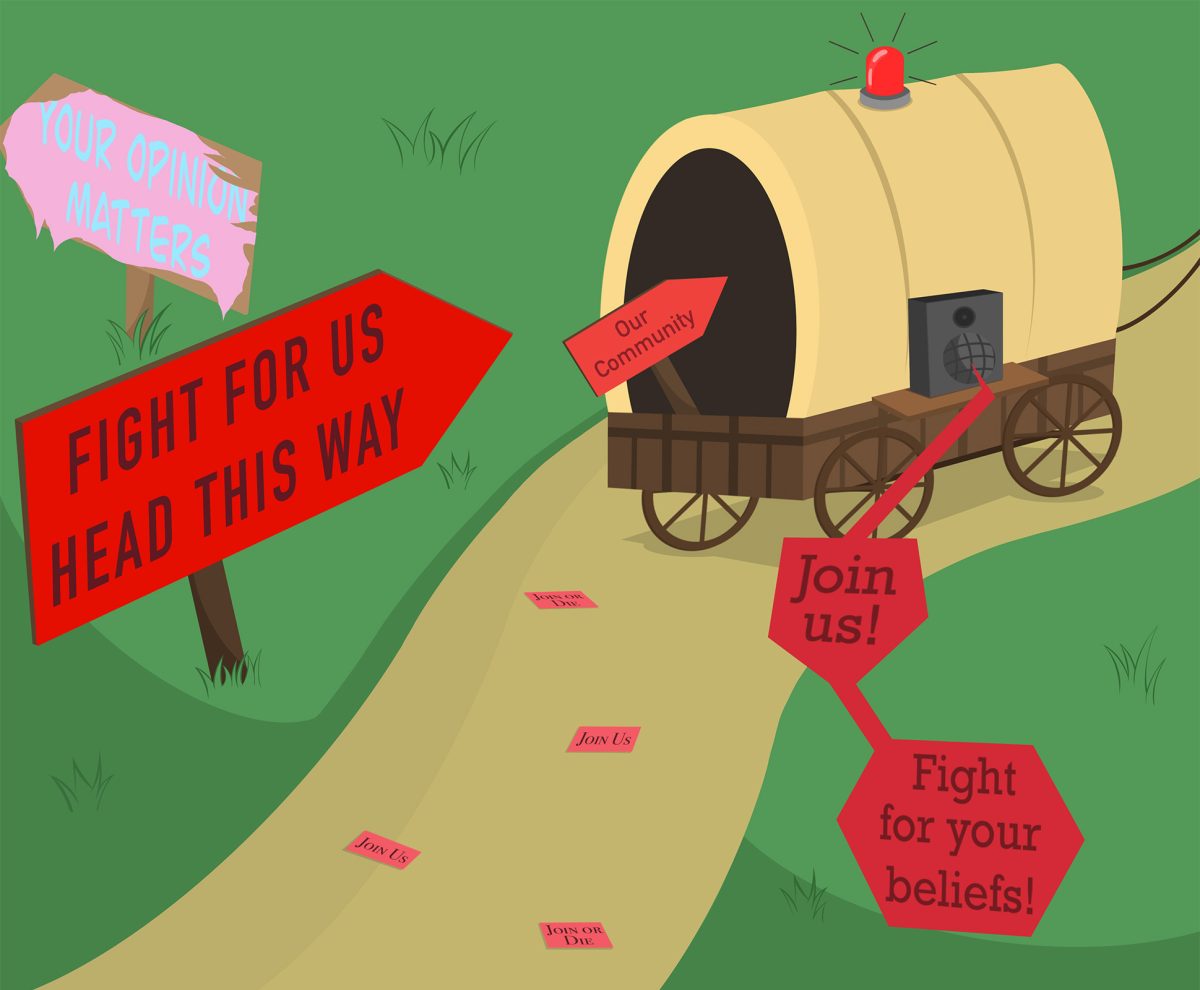Social media is a playground, a hub of communication that instantaneously connects people worldwide. Showcasing recent events, the news is spread overwhelmingly fast—propelling social issues to garner user attention. When these global matters gain momentum, the outcry can be enormous, with people conversing and sharing their opinions publicly. A seemingly good thing—on social media, these issues become turned into spectacles, with many factors, particularly amongst our generation, that have turned authentic advocacy into disingenuous displays of solidarity.
The Boston Medical Centre defines performative activism as an action to “increase one’s social capital [not] one’s devotion to the cause.” Though championing global issues online, people who commit this type of “advocacy” are inconsistent with their actions in real life. Therefore, only hopping on the bandwagon for the sole purpose of being part of the parade.
Virtue Signalling
We often see our social media accounts as an extension of our personalities, and for that reason, many remain intent on keeping them pristine. Oxford Languages defines virtue signaling as: “the public expression of opinions or sentiments intended to demonstrate one’s character or social conscience… on a particular issue.” In other words, through engaging in social media dialogue about global matters, these actions are only done to display their moral compass—a public display of attention.
Whether reposting an Instagram infographic or changing one’s profile picture in support of a social movement, sometimes, this activity may only be done with the intention of receiving praise and attention. Thus, human beings facing injustices, danger, and death only serve to claim furthering one’s moral high ground. Advocacy equals service, and self-benefit is not part of this equation.
Bandwagon Effect
To hop on the bandwagon is to join in with something due to the attention it is receiving. With a phenomenon like FOMO (Fear of Missing Out), for many, it is better to be part of the crowd than not. And this only intensifies on social media, where the stream of content is constant. Everywhere you look, there are reshares from those you follow, videos, and infographics on your home pages—all showcasing the same opinions about these global matters. And so as a result, this influx of content can result in many users beginning to form the same unanimous opinion, resulting in genuine adoption—often without the necessary time it takes to develop one fully.
Temporary Fervor
The spectacle created surrounding social justice issues is seldom permanent, as like any trend: attention will eventually waver to a different direction, leading to it losing the previous traction it had. This year, the controversial Willow Project, an oil drilling initiative approved by the Biden Administration, prompted #StopWillow to trend all over platforms such as Tiktok, Instagram, and X. The outrage was extensive, with many users commonly reposting infographics that detailed the repercussions of the project—sharing their frustration.
Recently, on November 9, 2023, a federal judge in Alaska blocked a lawsuit filed by indigenous groups and environmentalists— further upholding the decision of the Biden Administration. Yet, months after the initial outrage, public outcry has severely quieted– with many of those condemning very publicly during the height of #StopWillow now relatively silent.
Viral Virtue
The culture on social media, wherein online silence is often times regarded as ignorance, has pushed many to speak out prematurely. Out of fear of being seen as out of touch, many have taken to sharing their “opinions” despite not being educated enough. And for creators with larger platforms, if they remain tight-lipped over a pressing conflict, comment sections on their profiles can become filled with other users accusing them of being detached.
We must never forget that the world on the Internet is not the same as that of real life. As social media users, we are not obliged to post our every thought and opinion—and so, the assumption that silence equates to conformity is incorrect. There are many other ways to campaign for a cause besides an online post, and as users, we do not have direct knowledge of which of these alternatives have been done offline. Therefore, chastising one another in the name of “holding somebody accountable” can instead encourage disingenuous performative acts– the exact opposite of what advocacy should be.
Direct Consequences
Through participating in acts of online activism, we may feel a sense of accomplishment. However, while raising awareness is a fundamental part of creating change, it is but the first step. Putting pressure on those in power to make wanted changes is vital, and social media activism plays an important part—but is not always the whole solution.
In 2020, #BlackOutTuesday consisted of users posting black squares to show support for the Black Lives Matter movement. For context, hashtags get their own pages on Instagram, which display all relevant posts. As a result of this, #BlackLivesMatter also became populated with these black squares, therefore unfortunately sidelining activist leaders who were sharing relevant information. For those wanting to take direct action, it became a challenge to find the resources to do so, potentially leading to missed opportunities to make the movement even stronger. Sometimes, what we perceive to be gestures in solidarity with a cause can cause more harm to it instead. Before posting on social media, take a step back and consider how impactful that specific action will be—who will it benefit, and who could it cause repercussions for?
Necessity of Research
Despite the stampede in adopting to these events, time must be taken to gather all the facts to form a well-informed opinion. Just because the same ideas are being spewed does not necessarily mean they are correct. This is primarily because social issues-—involving current (or past) conflicts—are not simple problems. These matters have a complicated history behind them, much of which cannot be entirely discussed in the duration of a short-form video or Instagram slideshow.
Social media is a hub for misinformation. Without proper research, users will be susceptible to fake news. While believing is one thing, spreading these lies causes an even bigger problem. With ill intent or not, sharing fabricated content (often created with a motive) can mislead people into being convinced of the wrong ideas—the opposite of championing a cause.
And as money is also involved, it is key that all donations go directly to supporting the movement themselves. With entire accounts dedicated to “gathering funds,” it is necessary to differentiate dishonest crowdfunding efforts from those directly affiliated with the causes. There is no harm in spending more time figuring all of these things out—it is always better to know too much than too little.
Real Action
Genuine activism matters and social media affords us all the chance to connect and inform one another about the pressing issues at hand. As a form of content, reputable infographics can indeed be helpful—serving as a starting point in understanding a global matter. But let it not be the entirety of the research we conduct—we owe it to those we want to advocate for to be knowledgeable.
And especially during these modern times, while solidarity against injustices is particularly important, it is essential that aligning oneself with a cause is not because of wanting to be part of the crowd. These rampant issues affect individuals in real-time and are not just statistics we see before closing a social media platform. Thus, must be treated with a sense of care and understanding.
We as humans have empathy, and despite land and sea apart, it is most definitely possible to feel outrage for the trials that another human is going through. There are steps that we can take to stand alongside them, such as sharing awareness, signing petitions, and taking part in direct action initiatives. Whether known to the public or not, it is most key that all of these actions come from a place of sincere compassion—as true activism can still occur even when nobody is looking


